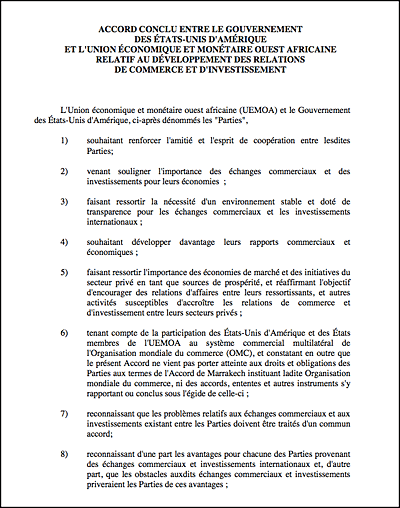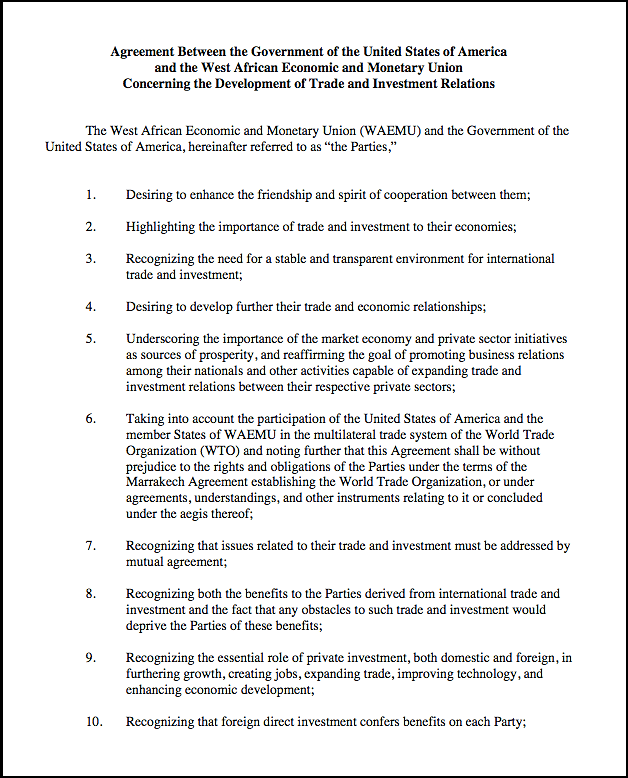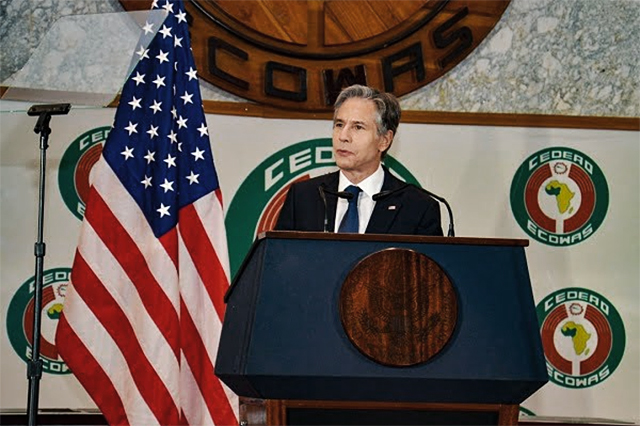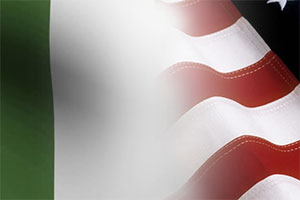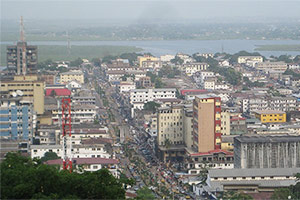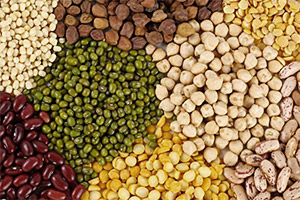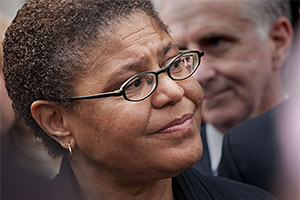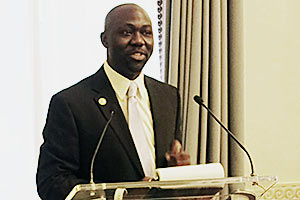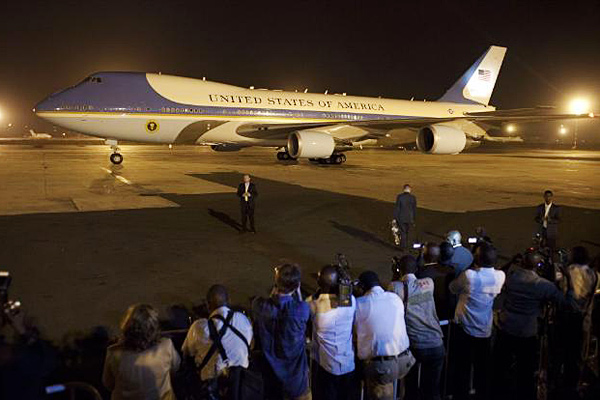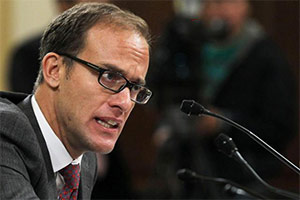Regional Info: ECOWAS
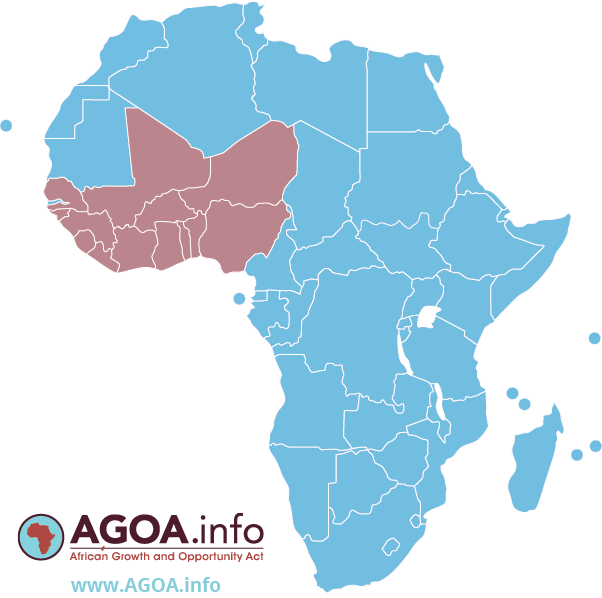
Bilateral Trade by Sector: United States - ECOWAS
Value ('1000 dollars), US 'domestic exports' *, US 'imports for consumption' / Includes year-to-date data AGOA beneficiary countries only
Economic Background
The Economic Community of West African States (ECOWAS) is a regional group of fifteen West African countries. Founded on 28 May 1975, with the signing of the Treaty of Lagos, its mission is to promote economic integration across the region.
Considered one of the pillars of the African Economic Community, the organization was founded in order to achieve "collective self-sufficiency" for its member states by creating a single large trading bloc through an economic and trading union. It also serves as a peacekeeping force in the region. The organization operates officially in three co-equal languages – namely French, English, and Portuguese.
The West African Economic and Monetary Union (also known as UEMOA from its name in French, Union économique et monétaire ouest-africaine) is an organization of eight West African states, and a subset of the ECOWAS group. It was established to promote economic integration among countries that share the CFA franc as a common currency. UEMOA was created by a Treaty signed at Dakar, Senegal, on 10 January 1994, by the heads of state and governments of Benin, Burkina Faso, Côte d’Ivoire, Mali, Niger, Senegal, and Togo. On 2 May 1997, Guinea-Bissau, a former Portuguese colony, became the organization’s eighth (and only non-Francophone) member state.
UEMOA is a customs union and currency union between the members of ECOWAS. Its objectives include the following:
- Greater economic competitiveness, through open markets, in addition to the rationalization and harmonization of the legal environment
- The convergence of macro-economic policies and indicators
- The creation of a common market
- The coordination of sectoral policies
- The harmonization of fiscal policies
Among its achievements, the UEMOA has successfully implemented macro-economic convergence criteria and an effective surveillance mechanism. It has adopted a customs union and common external tariff and has combined indirect taxation regulations, in addition to initiating regional structural and sectoral policies. A September 2002 IMF survey cited the UEMOA as "the furthest along the path toward integration" of all the regional groupings in Africa.
ECOWAS and UEMOA have developed a common plan of action on trade liberalization and macroeconomic policy convergence. The organizations have also agreed on common rules of origin to enhance trade, and ECOWAS has agreed to adopt UEMOA’s customs declaration forms and compensation mechanisms. [Source: Wikipedia 2013]
The trade data provided in this section relates to the UEMOA countries Benin, Burkina Faso, Ivory Coast, Niger, Senegal and Togo (Guinea Bissau and Mali are excluded as they are not currently an AGOA beneficiaries).


